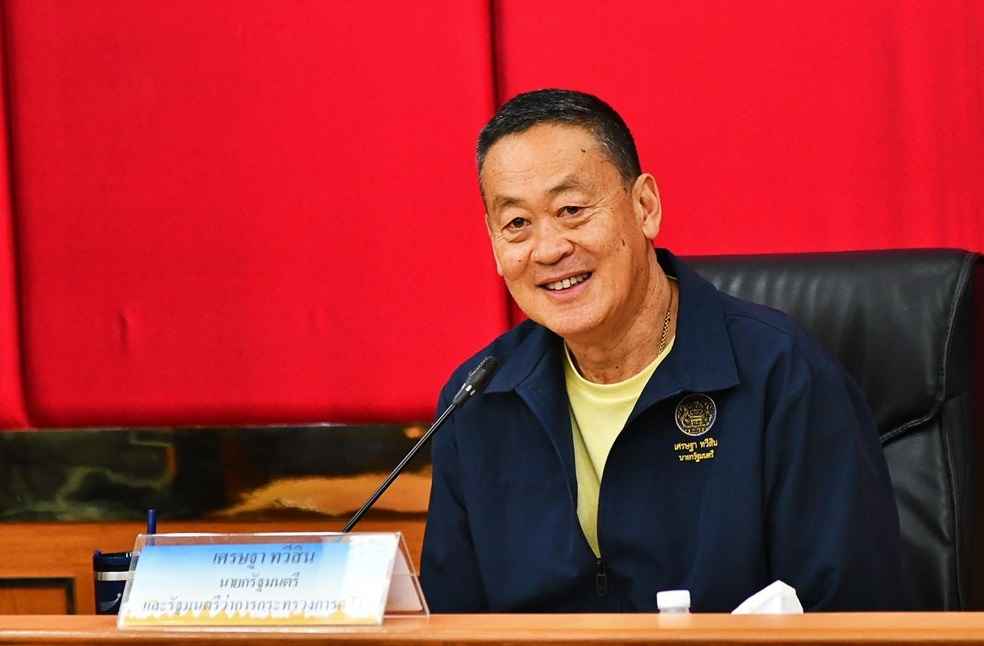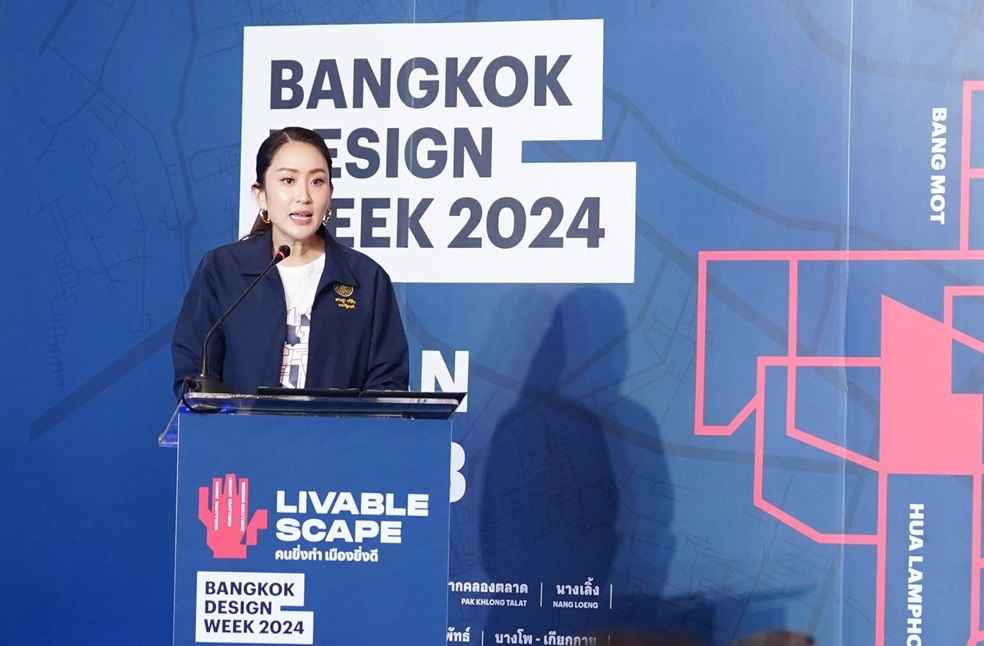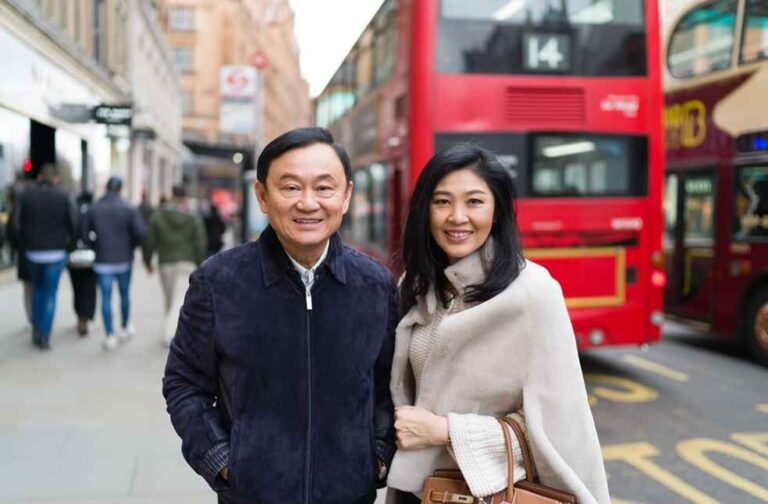Thailand: Imprisoned former Thai Prime Minister Thaksin Shinawatra will be freed on Sunday. Prime Minister Srettha Thavisin has announced that, “Thaksin’s release would be on the 18th and handled according to the rule of law.”
Thaksin, a political leader who served as Thailand’s prime minister from 2001-2006, has been in detention since August after returning home following 15 years in self-imposed exile to dodge prison for conflict of interest. The former prime minister was granted parole earlier this week, but the date was not disclosed at the time. Sunday is his first day of parole eligibility.
Tawee Sodsong, the Justice Minister has stated earlier that, Thaksin, 74, would be among 930 prisoners granted early release. The former PM could even face other legal troubles as public prosecutors are charging him for offending the monarchy during a 2015 media interview.

The billionaire, who made his fortune in the telecommunications business, was jailed for eight years on charges of corruption and abuse of power when he returned to Thailand. King Maha Vajiralongkorn commuted his sentence to one year. Thaksin has spent six months in hospital detention due to an undisclosed medical condition.
Many saw this as a sign of an agreement to reduce his prison sentence, as his homecoming coincided with his Pheu Thai Party returning to government in alliance with pro-military parties. Rumours strengthened after he was moved to a police hospital within hours of his conviction due to poor health, and it is unclear if he spent time in a jail cell.

Pheu Thai Party is led by Thaksin’s youngest daughter Paetongtarn Shinawatra. Srettha is also from the Pheu Thai party. They formed a government after last May’s election, where the progressive Move Forward party won the most votes, but powerful elements linked to the military and traditional elites prevented it from taking power.
During the 2001 general election, the former prime minister won on a populist platform that appealed to rural Thais who had been neglected by the ruling elite of the country for a very long time. Five years later, Thaksin was re-elected, but the military overthrew him in a coup as he was preparing to address the United Nations in September 2006.
Thaksin was accused of serious human rights abuses during a violent conflict in the country’s largely Muslim southern provinces as well as a “drugs war” in which thousands died.



